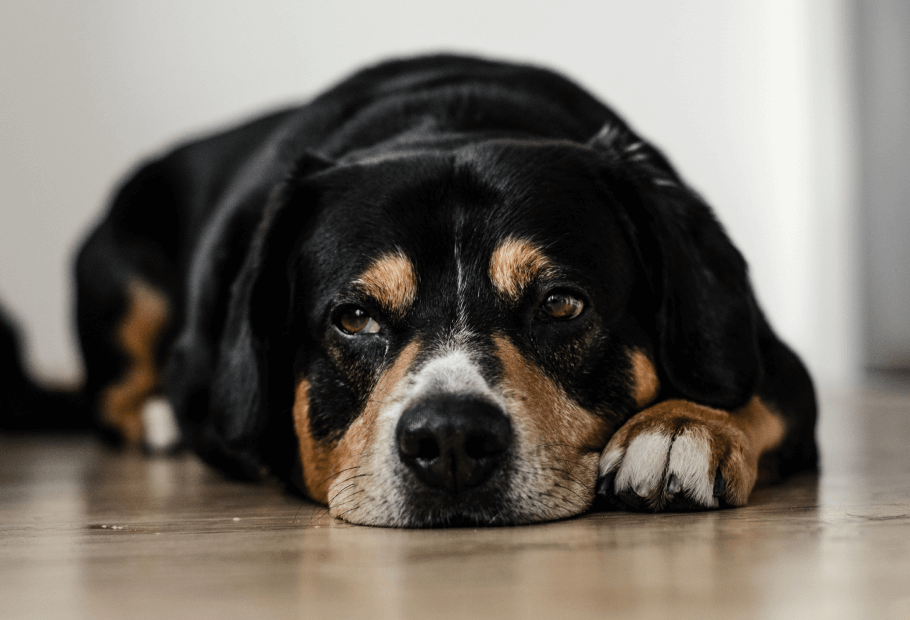
Diagnostics
In-House Laboratory
We can run a variety of tests in our in-house laboratory, which means in most cases, we can have results for complete blood counts, general chemistries, electrolytes, and some urine and fecal tests within 30 minutes.
We also provide rapid screening tests for disease processes such as Giardia, pancreatitis, heartworms, and parvovirus. For other tests, we partner with several national laboratories to get your pet’s results as quickly as possible.
Digital Radiography (X-rays)
Animal Care Center of North Jersey uses advanced imaging technologies, guaranteeing the highest quality of care for our patients.
Radiographs, or X-rays, use electromagnetic radiation directed towards the body to highlight internal objects. They can detect abnormalities like skeletal fractures, soft-tissue damage, foreign bodies and dental disease. Digital X-rays also use less radiation, decrease exposure and provide more detailed images.
Orthopedic radiographs and contrast studies require the patient remain completely still to work correctly, necessitating sedation in most cases. Some specialized procedures may require anesthesia. The duration of sedation or anesthesia is usually short and patient recovery is swift.
Ultrasound
To provide your pet with the highest level of care, Animal Care Center of North Jersey offers diagnostic ultrasound examinations as a non-invasive way to evaluate the abdominal cavity and internal organs.
Ultrasonography uses sound waves to generate pictures of organs, tissues and other interior systems in your pet’s body. Soft-tissue issues, such as those involving the gastrointestinal, heart, and nervous systems, are usually identified with ultrasound, as it essentially shows three-dimensional images of these areas. The images produced can provide valuable information for diagnosing and directing treatment of various diseases such as abnormal tissue growth (like lumps or masses) and certain forms of cancer that cannot be identified during a physical examination.
Ultrasounds are normally painless and so anesthesia is not necessary while the scan is being performed. Occasionally if the pet is very frightened or anxious, a sedative may be necessary, but this is rare.
If you have questions about diagnostics for your pet, please contact us at (973) 835-3733.